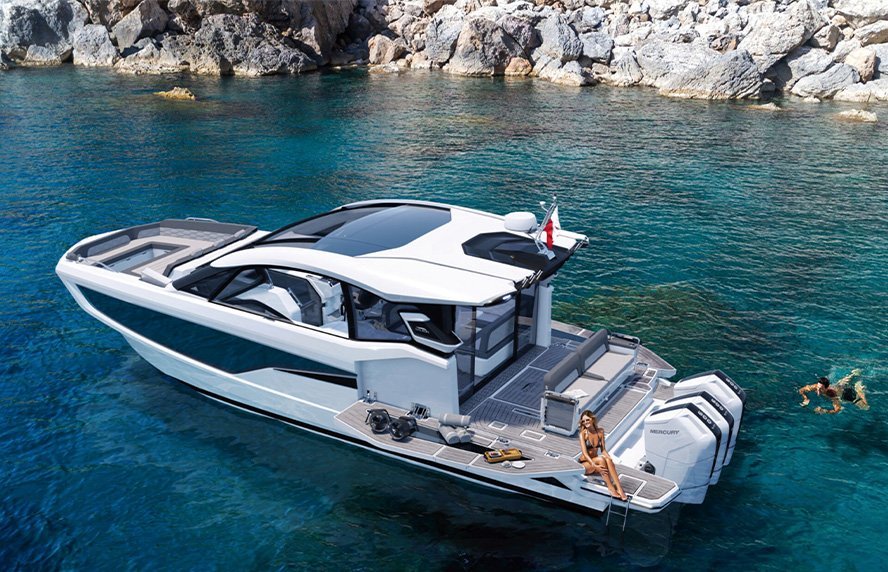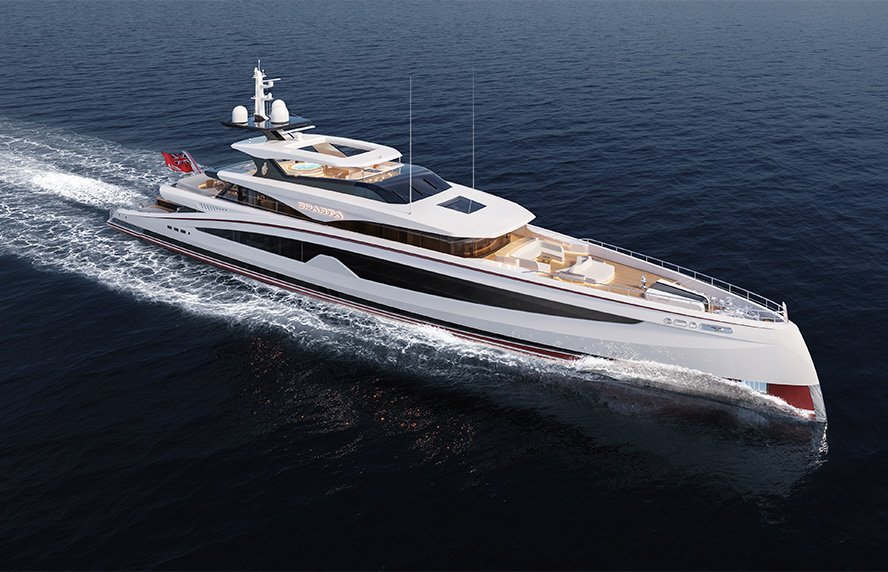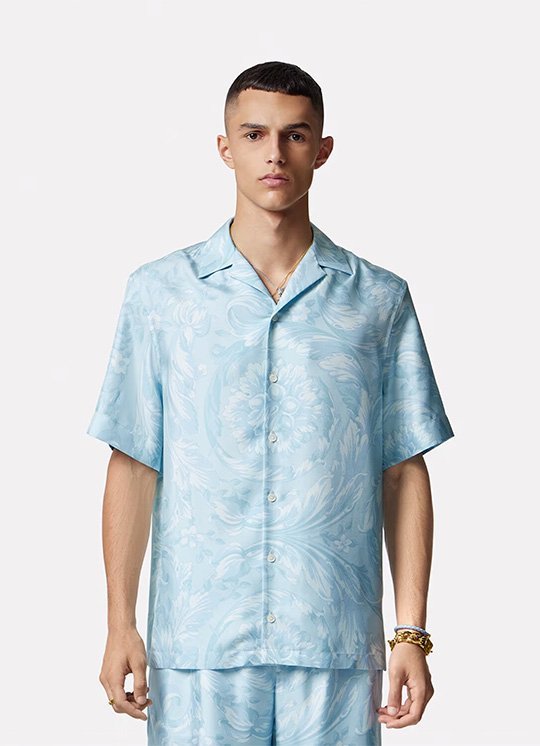
Based in Oporto, Utopia was created in 2007 by architects Susana Barros (S) and Ricardo Cruz (R), both with a CV packed with collaborations with prestigious architects. The desire to embark on "new project approaches to respond to the needs of our time, to environmental issues and the current territories”, combined with a "philosophy of freedom of conception and concern about responding to a different and ecologically conscious society” (Susana Barros), lies at the very foundation of the studio.
Why the name "Utopia”?
R: "U” is the prefix of negation and "top” means place: it is the denial of place. In his book, Thomas Moore attributes the name "Utopia” to the perfect island: the place of thought, the place of freedom. Utopia seemed perfect to us, for anyone who designs. Architects strive to create the perfect reality. They never manage to, but they have to strive for it.
What led to a man from Oporto and a woman from Lisbon working together?
S: I think it is precisely the approach to projects, free from constraints and environmentally conscious. On the other hand Portugal is very homogeneous in its divisions and hierarchies. I travel through the country and what I see are the same aspirations, the same desires, the same phobias, the same ghosts and the same characters with different actors.
You have both worked with renowned architects. What is your assessment of these experiences?
S: Working with someone of quality is always useful because your academic background is out of touch with the professional context. Practice is dependent on laws, instruments, technologies. It is transitory, but it is important in the act of designing. Collaboration allows you to learn the technical side and to access large-scale projects early in your career.
R: The experience of working with Souto Moura and Siza Vieira on joint projects was important because they have extraordinary works. And there are reasons for the quality of the works: method, effort, process, critique, reflection. Understanding why was so important.
What kind of services does Utopia offer?
R: Architecture. Nowadays in order for us to have quality architecture we have to include every speciality. This involves initially using a design process that goes from initial sketches, through design with BIM software, models and 3D prints, while including coordinating specialities and consequent integration in an execution project, in which everything is detailed. Supervising the building work is also fundamental.
"I think the dream would be to be asked to design an urban park”
Has any project been particularly challenging?
S: Public projects or projects for multinational companies are always challenging. Even if there is a coordinator, if they have 100 employees, we end up having 100 clients. We always strive to make every client happy.
Your work can already be found abroad. In which countries have you already developed projects?
R: Spain is physically and culturally closer and I am even inscribed to practice there. But we have already worked for France, Brazil, Angola and Algeria. The challenge of designing is the same: there are laws to respect, cultures to interpret, construction processes to use, budgets to meet.
To what extent is sustainability a concern?
S: It’s a whole way of working. In order to make the best decisions, we have to know how much energy is used in the work and understand the consequences of our options. Our aim is to design for thermal efficiency, for passive climate control. We have noticed that we reintroduce processes that can be found in Portuguese popular architecture. So sustainability, economy and culture end up merging and acquiring the same meanings.
What would be the dream project for your firm?
R: The eternal theme for any architect is the city. Aldo Rossi taught us that we could design the house in the city and the city in the house. I enjoy working on an urban scale in Portugal. I think the dream would be to be asked to design an urban park linking an entire structure of sustainable mobility to strategic points of the city. Low intervention costs provide high economic and social returns, placing the project as an example.













